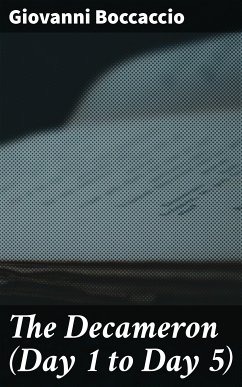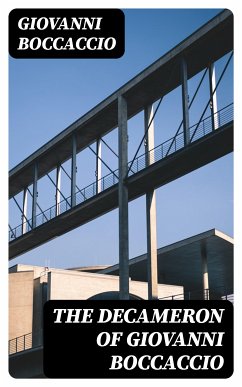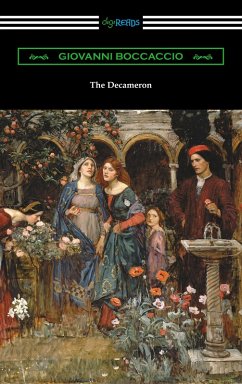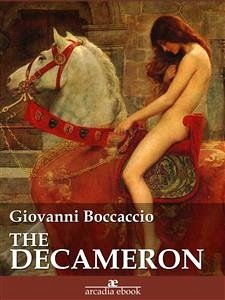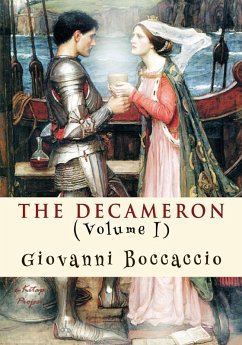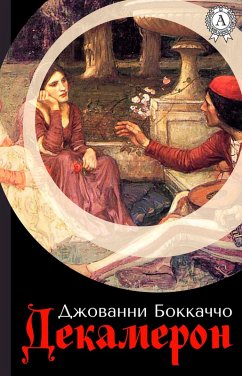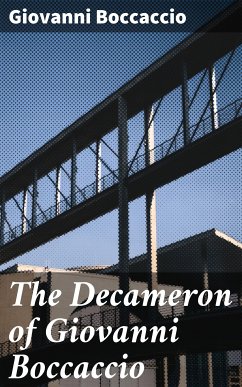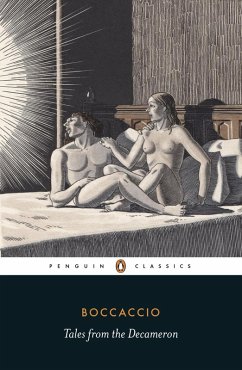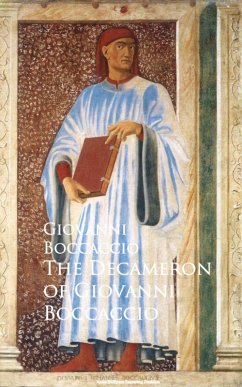
The Decameron (Day 6 to Day 10) (eBook, ePUB)
Containing an hundred pleasant Novels
Übersetzer: Florio, John

PAYBACK Punkte
0 °P sammeln!
Giovanni Boccaccio's "The Decameron," particularly Days 6 to 10, serves as a profound exploration of human experience through a series of interlinked narratives set against the backdrop of the Black Death. This collection, characterized by its vernacular Italian prose and a rich tapestry of styles ranging from comedic to tragic, delves into themes of love, wit, and morality, revealing the complexities of relationships and societal norms in 14th century Italy. Here, Boccaccio masterfully employs storytelling as a means of both escapism and social critique, presenting a microcosm of a society gr...
Giovanni Boccaccio's "The Decameron," particularly Days 6 to 10, serves as a profound exploration of human experience through a series of interlinked narratives set against the backdrop of the Black Death. This collection, characterized by its vernacular Italian prose and a rich tapestry of styles ranging from comedic to tragic, delves into themes of love, wit, and morality, revealing the complexities of relationships and societal norms in 14th century Italy. Here, Boccaccio masterfully employs storytelling as a means of both escapism and social critique, presenting a microcosm of a society grappling with despair while celebrating the resilience of the human spirit. Boccaccio, a key figure in Renaissance literature, was deeply influenced by the tumultuous events of his time, including the ravages of the plague. His formative years in Florence, a city at the crossroads of culture and commerce, exposed him to diverse intellectual movements and humanist ideals that shaped his approach to storytelling. "The Decameron" draws heavily on his experiences, personal observations, and the oral traditions of the era, showcasing his ability to blend the everyday with the extraordinary. Engaging and insightful, this volume of "The Decameron" is recommended for readers interested in understanding the human condition through the lens of historical fiction. Boccaccio's intricate narratives are not only entertaining but also provoke reflection on timeless issues of love, mortality, and ethical dilemmas, making this text a relevant and enriching addition to any literary collection.
Dieser Download kann aus rechtlichen Gründen nur mit Rechnungsadresse in A, B, BG, CY, CZ, D, DK, EW, E, FIN, F, GR, H, IRL, I, LT, L, LR, M, NL, PL, P, R, S, SLO, SK ausgeliefert werden.





